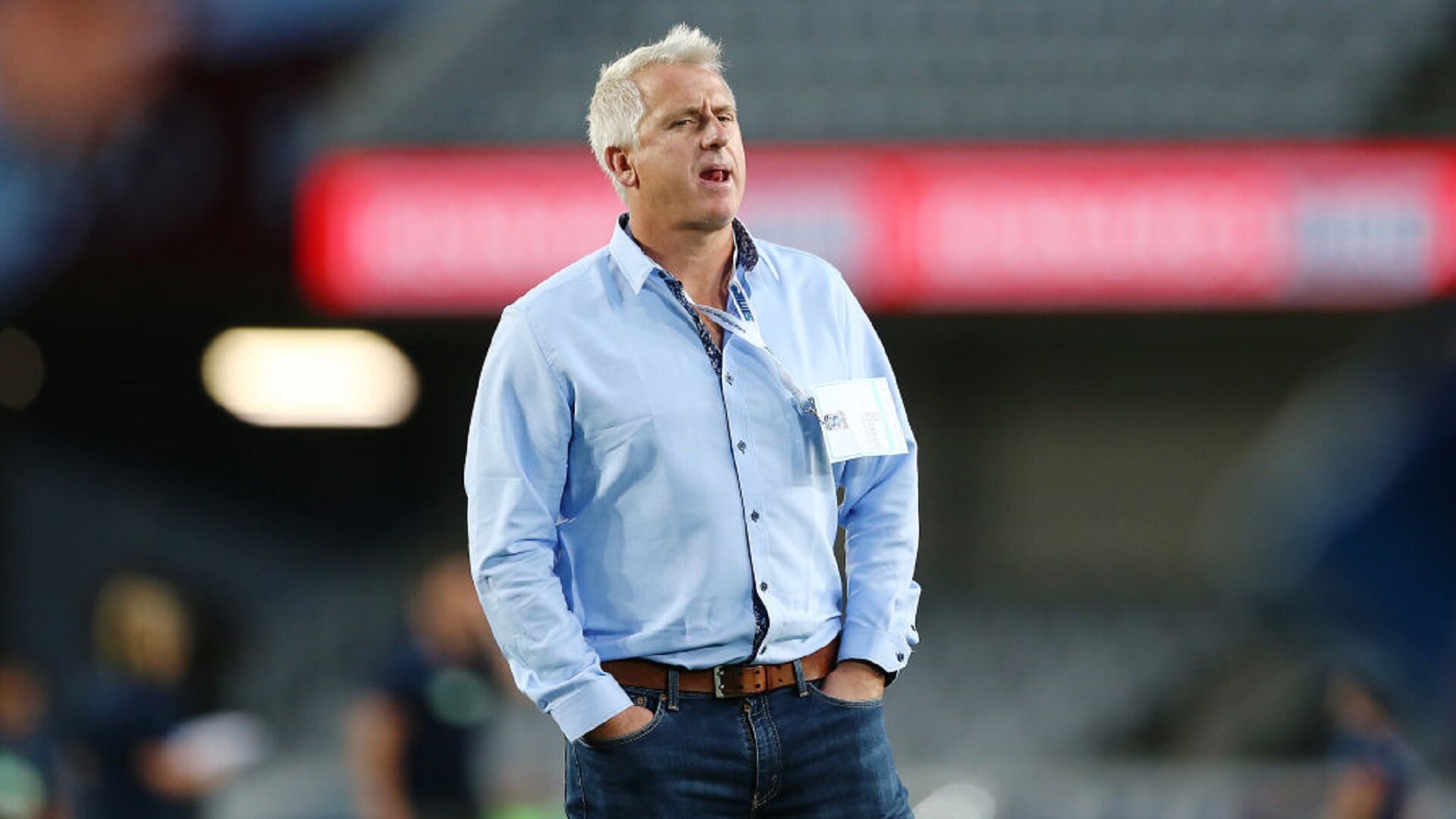Fleck pitches sweeping behind-the-scenes change for South African rugby

Despite recently departing his role as head coach at the Stormers, former Springbok centre Robbie Fleck has not shied away from giving his thoughts on how South African rugby needs to move forward over the coming years, particularly in regard to private ownership.
South African rugby has perennially struggled to keep hold of its best players, as the money on offer in Europe and Japan far outweighs what SA Rugby can offer to keep them at home. With a domestic-based international selection policy also scrapped, the incentives on offer abroad are enticing to players.
Speaking to Netwerk24 in South Africa, Fleck has thrown his weight behind the growing trend in the country of privatisation of the Super Rugby franchises.
“The business sector needs to invest in the franchises to help them survive by creating structures whereby we protect our assets.
“Everyone needs to realise that the game is not going to survive without financial investment and business-level expertise. All the franchises need to be open to it and shift their egos to one side. It’s not about ‘my way’ of doing. We all have to work together to the advantage of South African rugby.”
It is not without precedent, either, with the Bulls franchise currently being 74% in the hands of private ownership, with Patrice Motsepe and the African Rainbow Company owning 37% and Johann Rupert and Remgro also owning 37%.
Away from Super Rugby, the Southern Kings, who play in the Guinness PRO14, are also 74% privately owned – the maximum allowed by the SA Rugby constitution – following its acquisition by a consortium named ‘The Greatest Rugby Company in the Whole Wide World Ltd’ in 2019.
In the case of the Bulls, the Pretoria-based franchise have boasted a financial superiority to the other unions in South Africa in recent years, although that has yet to translate to success on the field, with the Lions having led the way in Super Rugby of late. As for the Kings, they were able to recruit this past offseason at a level they have previously not been able to and are hopeful of a more competitive future in the PRO14.
SA Rugby recently announced an overhaul to their contracting model, which moves away from central contracts and puts the players’ contracts in the hands of their respective unions. It is a move that is only likely to further encourage private investment in the country’s Super Rugby franchises, especially with the nation currently flying high after their recent Rugby World Cup success.
Watch: Has Cooney surpassed Murray as Ireland’s starting scrum-half?



















